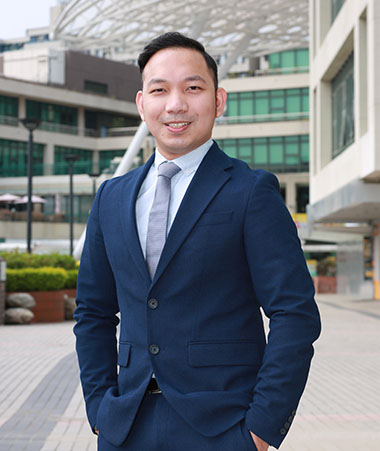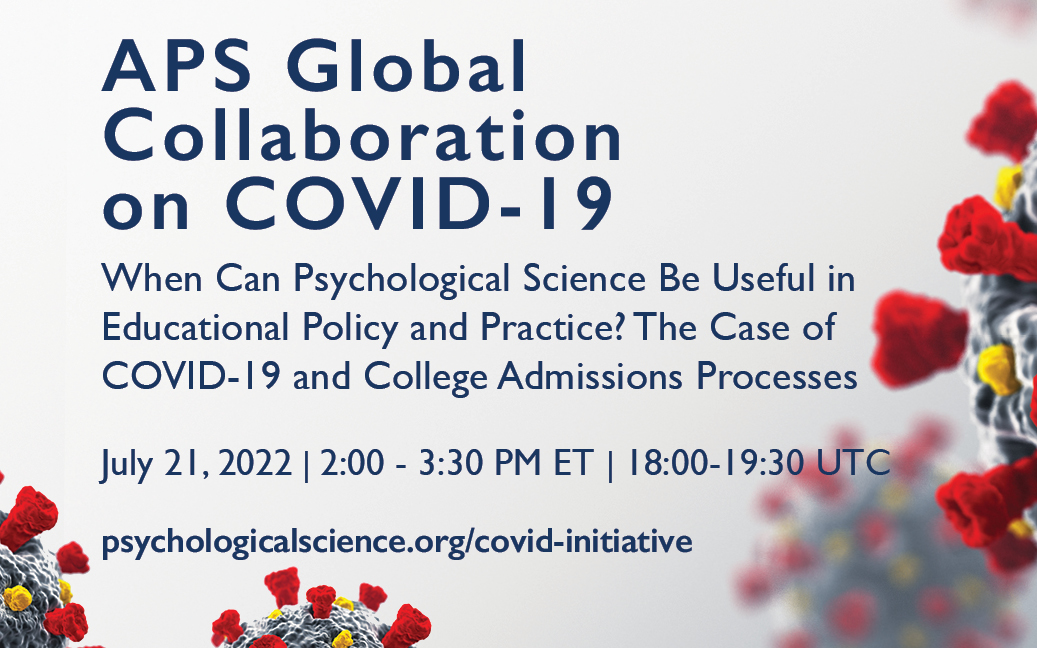First Person
Back Page: Positive Science, Promising Outcomes
Jesus Alfonso (Jess) D. Datu, an assistant professor in the Department of Special Education and Counselling at The Education University of Hong Kong, is a well-being scientist focused on positive psychology and positive education.

How did you become interested in positive psychology and well-being?
My initial interest in well-being research was sprung when I read the fantastic works of Ed Diener and Ruut Veenhoven on subjective well-being, back when I was doing my undergraduate thesis project. Specifically, I was curious about how and why broad personality traits such as extraversion, neuroticism, agreeableness, conscientiousness, and openness to experience predict well-being outcomes in individuals at diverse developmental stages. However, there were lingering questions in my mind on the antecedents of different types of well-being, especially in non-Western cultural contexts. This inspired me to plan and implement research projects on how specific traits relate to well-being, psychological functioning, and academic success during my master’s and doctoral studies.
Are you an optimistic person by nature? What impact do you feel this personality characteristic has on your work?
I can say that I am realistically optimistic; I tend to adopt positive beliefs about the future without neglecting the possibility of facing setbacks or failures. I believe that this personal quality enables me to work strategically on scholarly initiatives or projects that are within my research strengths, funding availability, and other relevant resources. But being able to anticipate failure is equally important because there are countless activities in my work in which rejections are inevitable, such as writing grant applications and submitting articles in various journals.
How do you use evidence-based principles to improve well-being among students, and how do these well-being improvements impact student performance?
I integrate existing literature on the science of well-being to develop psychological interventions that may boost well-being and positive academic functioning in primary, secondary, and tertiary students in non-Western contexts. For example, because evidence showcases the role of kindness on positive psychological and learning outcomes, I have investigated how perceptions of kindness at school and initiatives to promote kind school climates may facilitate academic, social, and psychological well-being in adolescents. My ongoing projects allude to the academic-related payoffs of kind school climates, revealed in research where high school students in Hong Kong, mainland China, and the Philippines who were exposed to kind practices at schools during the COVID-19 pandemic outbreak tended to have higher academic engagement in math.
What barriers might prevent the implementation of recommendations derived from positive psychology to education?
There are a number of obstacles that might preclude smooth integration of positive psychological interventions in school contexts. First, some schools and their staffs might have limited knowledge about empirically supported, cost-effective, and scalable positive psychological interventions that can be easily implemented in their classrooms. Second, the cultural generalizability of positive psychological constructs and interventions remains debatable at this point, as there is evidence that some happiness-increasing activities were ineffective in collectivist societies. Third, there are limited teacher training development programs to support teachers’ interest in implementing positive education initiatives in primary and secondary school contexts.
In a recent article, you looked at the effects of kindness on students’ media literacy skills in Hong Kong. What did you find? Would you expect to see cultural differences if you tested students from different cultures?
My research showed that kindness improved high school students’ capacity to create media content that reflects personal values and anticipates the impacts of such content on other people. Our kindness curriculum also enhanced students’ social self-efficacy and self-esteem. Given ongoing scholarly discourse on the generalizability of specific positive psychological interventions in diverse cultural settings, it is plausible that the effects of our kindness curriculum might differ in various cultures.
How do you plan to further develop your line of research?
I hope to expand the theoretical and practical impacts of my research by exploring how positive psychology and positive education can be used as a vehicle for building inclusive contexts in schools and communities. For example, I am investigating psychological resources and interventions that might promote psychological well-being and academic success in students with diverse types of exceptionalities (e.g., gifted students and students with autism). Importantly, I plan to continue engaging in research that improves the generalizability of Western-derived positive psychological constructs and interventions in non-WEIRD societies.
How can your findings inform educational policy?
There are concrete ways in which findings from my research programs can shape educational policies. Knowing that traits like perseverance and kindness relate to higher engagement in math and science in adolescents, policymakers may consider exploring how character education curriculum can facilitate students’ interests in STEM-related subjects. My collaborators and I have also demonstrated the effectiveness of well-being intervention programs for improving resilience and psychological outcomes among preschool teachers, and we encourage policymakers and school administrators (e.g., principals and vice principals) to invest in teacher training programs that aim to boost teachers’ mental health outcomes. Taken together, my research findings can be used to design policies that intend to improve happiness and other positive psychological outcomes in children, adolescents, and teachers, especially in non-Western cultural contexts.
Back Page showcases particularly interesting work by a wide variety of psychological scientists. Know of a good candidate for a future profile? Contact the Observer at [email protected].
Related content we think you’ll enjoy
-

Hope
Psychological science offers a variety of reasons to be hopeful about progress in science and the well-being of individuals and societies worldwide. Read about the most promising discoveries and advances of the past few years.
-

Careers Up Close: Andy DeSoto on Optimism, Self-Awareness, and the Gratifying Work of Science Advocacy
Cognitive psychologist Andy DeSoto was a key member of the APS staff for 7 years and leaves a legacy that includes a highly impactful government relations and policy program.
-

When Can Psychological Science Be Useful in Educational Policy and Practice? The Case of COVID-19 and College Admissions Processes
This panel explores when psychological science can be useful in educational policy and practice—and when it perhaps cannot. It focuses on the intersection between college admissions processes and COVID-19, given that the pandemic appears to have fundamentally altered the way that college admissions are being conducted.
Feedback on this article? Email [email protected] or login to comment.




APS regularly opens certain online articles for discussion on our website. Effective February 2021, you must be a logged-in APS member to post comments. By posting a comment, you agree to our Community Guidelines and the display of your profile information, including your name and affiliation. Any opinions, findings, conclusions, or recommendations present in article comments are those of the writers and do not necessarily reflect the views of APS or the article’s author. For more information, please see our Community Guidelines.
Please login with your APS account to comment.